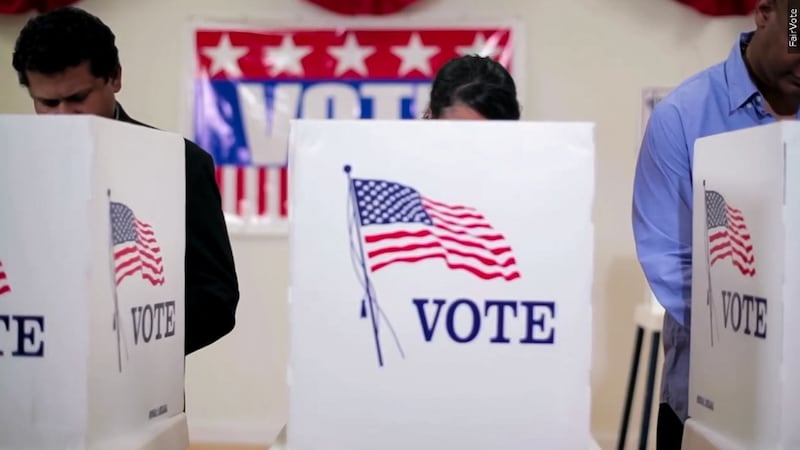Omaha Police co-responder focused on juvenile mental health
OMAHA, Neb. (WOWT) - Kids are headed back to class across the metro and mental health may be top of mind for parents.
Cari Soto is a juvenile mental health co-responder for Omaha Police. Her position was created in 2021, to help during mental health crises at schools. She works closely with school resource officers and can be dispatched to help out in many situations.
“Since the school does have social workers and councilors, a lot of the times, those professionals are involved as well but there may be times when there are ongoing concerns or we are unsure if the youth need to go to the hospital, or next steps to take,” Soto said. “That’s when I can come on scene, asses, and provide some recommendations.”
Soto says her focus is on juvenile mental health, but she can respond to any incident in the community just like her fellow co-responders.
At a scene, she works to help defuse tension and de-escalate situations.
“Officers do a great job on the calls but sometimes it can be a little different to have someone who is not in full uniform,” Soto said. “We wear t-shirts, soft uniform, vest, sometimes these polos, we do not have the full police uniform so that can be less intimidating for kiddos.”
Recently, she has noticed more calls for wellness checks along with kids being admitted to the hospital for mental health concerns.
“I just think it’s important for parents to pay attention to those physical symptoms,” said Soto. “Has their appetite changed, are they eating less, their sleeping schedule has changing they notice a significant weight loss or weight gain, just keeping an eye out for those things and encouraging that open communication.”
She believes that open communication between a student and their parents, school officials, or peers, should include tough topics like self harm.
“Sometimes there is this myth that if we ask someone about suicide, we are going to put it in their head — that’s actually not true,” she said. “A lot of the times they get a sense of relief that they are able to talk about it.”
Soto says every day is different, but helping people has been the most rewarding aspect of her profession.
”Just getting to hear other people’s stories and supporting them,” said Soto. “There are a lot of people who are in pain. Not minimizing that, not belittling them for that, making sure that they feel heard, that they feel supported, that can go a long way. so it feels good to be able to be out there and try to help.”
Each OPD precinct is equip with at least one co-responder to respond to mental health crises for youth or adults.
The Northwest precinct has two on site due to a higher need in the area.
Copyright 2024 WOWT. All rights reserved.














